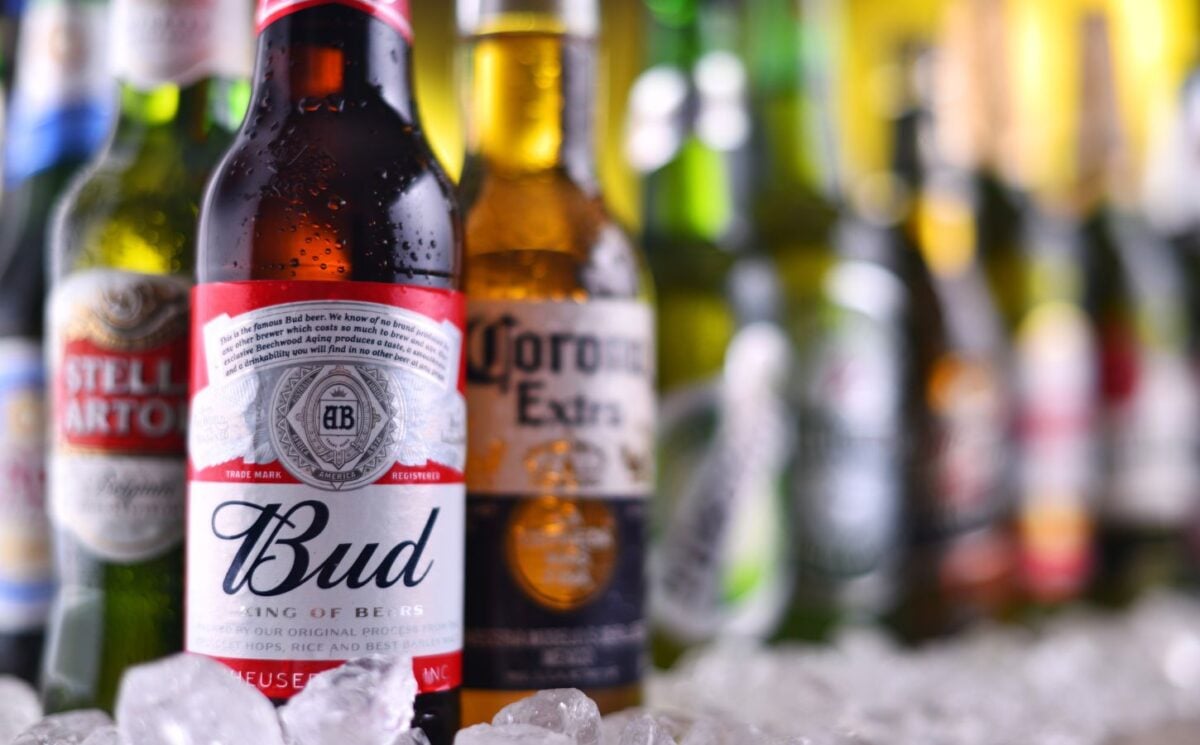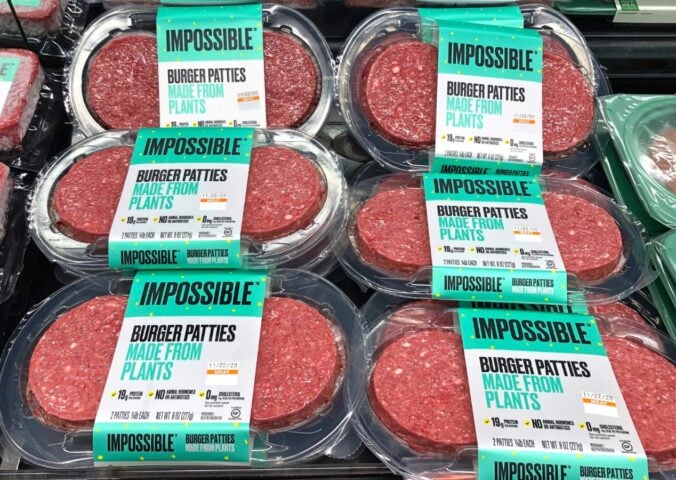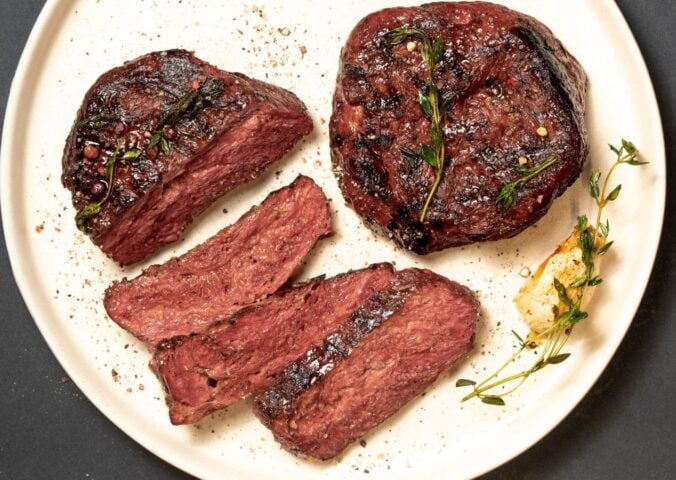People have been brewing beer for up to 10,000 years, making it one of the oldest – and arguably most significant – beverages in human history. It’s the single most consumed alcohol in the world and the third most consumed drink overall, preceded only by water and tea.
For many folks, enjoying a long-awaited pint of beer is a beloved part of their routine. In the UK, in particular, pub culture is a well-established and popular part of daily life, harking back to the days of the Roman Empire and its introduction of roadside taverns.
In 2021 global beer consumption reached 185 kiloliters, which is enough fermented brew to fill over 74,000 Olympic-sized swimming pools. Even as more and more young people embrace sobriety, brewers are launching an increasing number of low and no-alcohol beers to meet demand, thereby ensuring that a cold brew remains popular across lifestyles.
With that in mind, it’s no surprise that millennials are also driving demand for vegan beers within broader trends towards plant-based and flexitarian diets, as reported by GlobalData.
Speaking to Beverage Daily back in 2018, GlobalData’s Aleksandrina Yotova noted that “Millennials are careful about what they eat and drink and as a result, are making conscious decisions to take better care of themselves, including when it comes to alcohol.”
This growing demand for dedicated plant-based alternatives implies that typical beers are unsuitable for vegans, but the reality is more complicated. Here’s what you need to know.
Is all beer vegan?

Beer is made using grain, hops, yeast, and water. The fermentation process extracts sugars from grain – most commonly barley, though oats, maize, wheat, and rice – which the yeast turns into alcohol and CO2. (Brewing may differ for low and no alcohol options, including bypassing fermentation altogether.)
While these core ingredients and processes are 100 percent vegan, some producers may use animal-derived ingredients in the latter stages of brewing beer to clarify or flavor the beverage. The most common of these ingredients is isinglass.
Isinglass – a collagen derived from the dried swim bladders of fish – has been used for centuries as a way of clarifying alcoholic beverages, including beer. The gelatine-like substance works by binding particulates and sinking them to the bottom of a brew for easy removal. This makes for the clear, consistent beers we are used to today.
Gelatin (derived from boiled animal skin and bones) has also been used in beer making as a refining agent, as has chitin (derived from the crushed exoskeletons of crabs and other marine crustaceans). Both are still used in the production of certain beers today, as is bone char (a dark, granular material produced by charring crushed animal bones).
Egg whites, milk, and even ox blood have also been used as traditional finings in brewing beer, though the latter has been banned across the EU and US since 1997. (Albumin, a foaming agent in certain beers, can be derived from either blood or eggs.)
In beers such as milk stout, dairy lactose or casein adds body and a smooth texture as well as a slightly sweet taste. Whey may also be used in the same way, while honey can bring an extra sweet flavor alongside a higher alcohol content.
Which beers are vegan?
Despite the above list of animal-derived ingredients, many beers are suitable for vegans. In fact, the majority of mainstream brands available in the UK are prepared using modernized, plant-based recipes – with streamlined brewing methods – to minimize allergens.
Even notable exceptions, such as Guinness, which used isinglass up until late 2016, have now gone completely vegan – including all draft, canned, and 0 percent alcohol products.
There are a variety of alternatives to isinglass and other filtration ingredients, including carrageenan (derived from Irish moss), pea protein, fossilized algae, and the silicic acid Biofine, as well as physical processes such as cold conditioning or use of centrifuges.
As alcohol isn’t covered by the same rigorous labeling requirements as food products, there is no legal obligation for brewers to list ingredients. While some brands voluntarily include this information or add a “vegetarian” or “vegan” symbol to the packaging, not all do. As a result, third-party directories such as Barnivore and the BeVeg app are invaluable.
Barnivore even has a comprehensive beer directory that can be filtered to show vegan offerings by country, making it a useful tool when traveling as well as at home. The easiest way to find out if a brand is vegan or not is to check the label, cross reference with a vegan directory such as the two above, and get in touch with the company itself.
To get you started, here are 9 widely popular vegan beer brands you can find in stores and online, including a couple of options for those avoiding alcohol.
Guinness
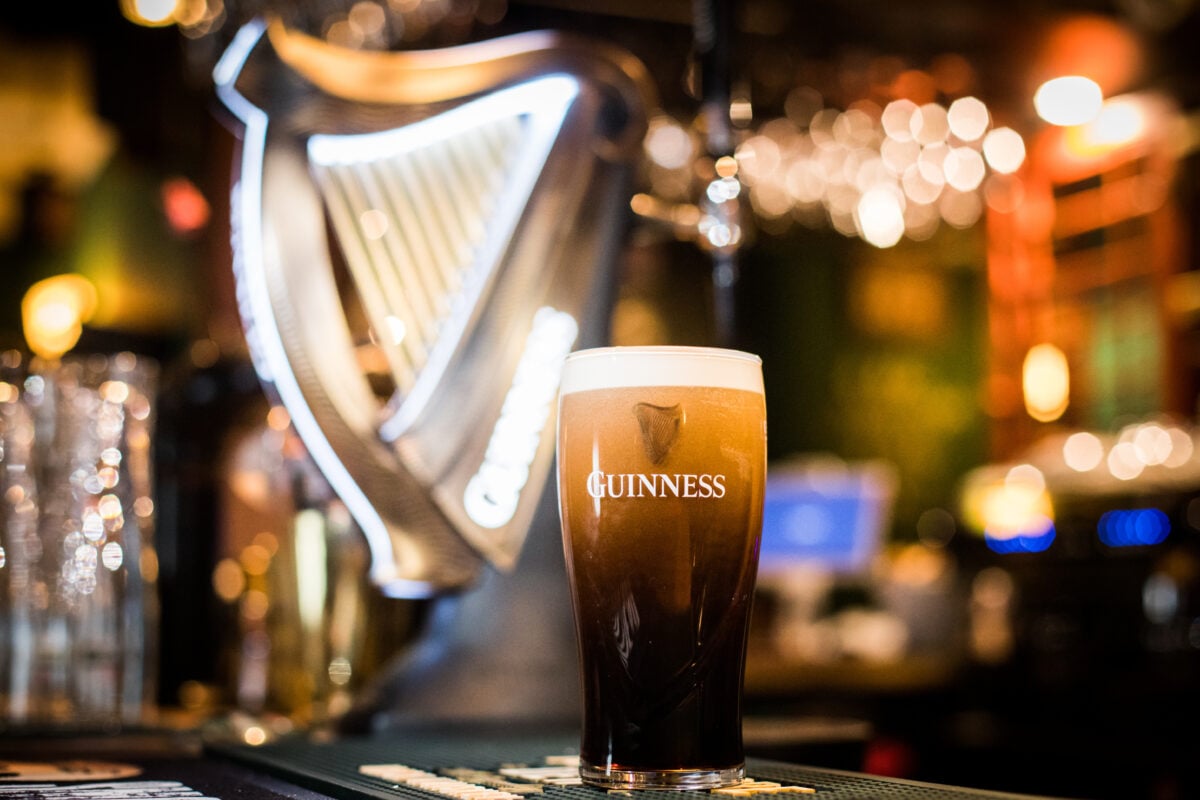
According to Diageo, the company that owns Guinness, a pint of the black stuff became Britain’s most-poured last year. The iconic Irish stout has been brewed for over two hundred years, and its low-alcohol version – launched in 2021 – is also proving extremely popular. Guinness has been isinglass-free and vegan since early 2016, nearly eight years ago.
Asahi
Asahi is the most popular Japanese beer in Japan by consumption, but it’s arguably the most popular Japanese beer outside of Japan too. Known for its dry, crisp flavor, the brand brews its beer using in-house “ceramic filtering technology.”
In an email shared by Barnivore, the company said “All of our beers are free from animal-based ingredients and none are used to filter our beers. This means vegans and vegetarians can all enjoy our beers.” That also includes Peroni, Tyskie, and Lech.
Becks
Becks is another mainstream staple that is suitable for vegans, including its alcohol-free counterpart Becks Blue – long the only low or no-alcohol beer available pretty much nationwide in the UK – and the Radler-style Becks Blue Lemon.
Coors
In another email published by Barnivore, Coors said that its products “do not contain any animal ingredients” or animal byproducts, except Rickard’s Honey Brown and Dave’s Honey Brown both of which contain honey. All other products are vegan-friendly.
Corona
This light, crisp beer was first brewed in Mexico City nearly 100 years ago. Just ten years after its initial launch, it became the best-selling beer in Mexico, and today is exported to 180 countries worldwide. Corona is and always has been suitable for vegans, including its 0 percent options.
Carlsberg
Danish multinational brewer Carlsberg has been making beer since 1847, and all of the company’s beers are suitable for vegans and vegetarians with no animal ingredients. Carlsberg has a 63 percent share of the beer market in Denmark, but the brand is extremely popular internationally, too, with nearly 30 percent of beer drinkers liking its product.
Heineken
According to the brand, all Heineken beers are suitable for vegetarians and vegans. In fact, due to German beer purity laws, no nationally produced beer can contain animal products such as isinglass, meaning that all German beers are vegan-friendly. Prost!
Samuel Smiths
Yorkshire’s oldest brewery, Samuel Smiths, was founded in 1758 and is notorious for its old-school attitudes toward phones, laptops, and card payments in the bar… But Sam Smiths is also popular for its huge array of plant-based beers, and in 1998 the brewery made a selection of its products Organic and registered with the Vegan Society.
You can find a recent product list here, while the website notes that Sam Smiths’ Old Brewery Bitter, available on draft, and its bottled Yorkshire Stingo, are not vegan.
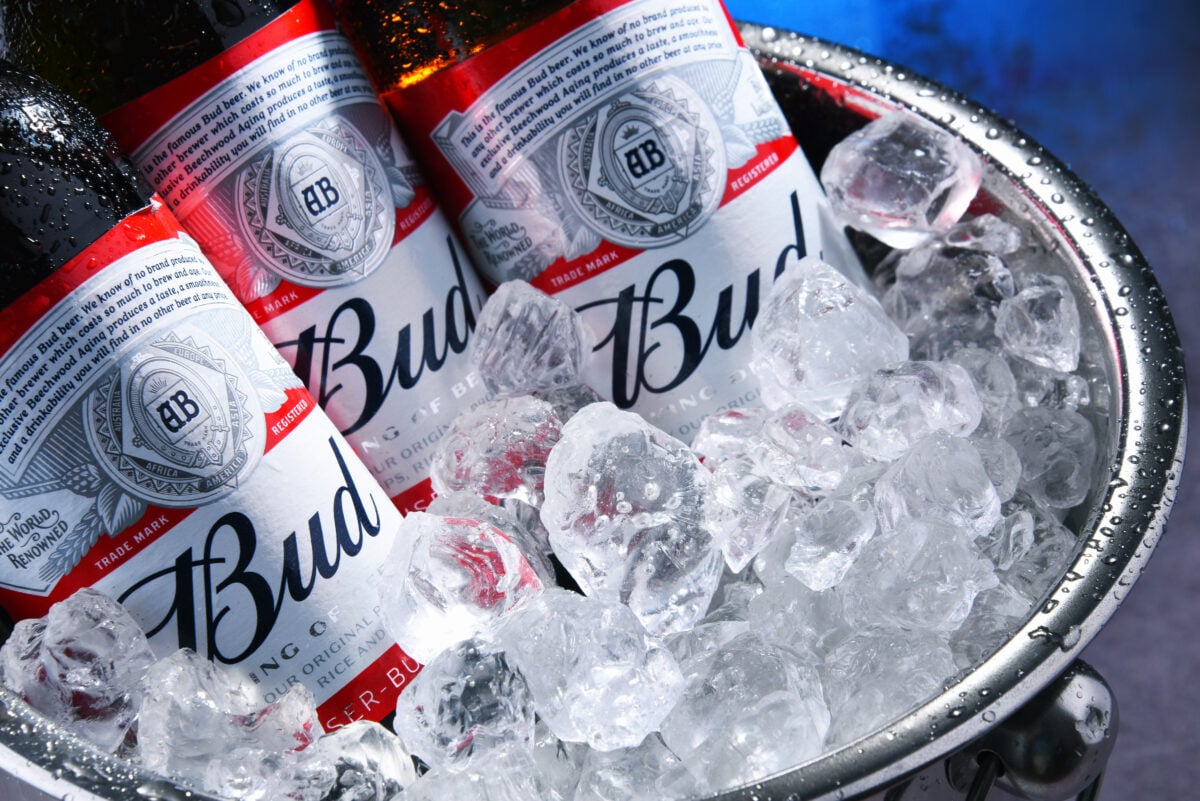
Budweiser
American-style pale lager Budweiser is the most valued beer brand in the world at USD $13 billion, according to Statista data published at the end of last year. Budweiser is explicitly suitable for vegans and vegetarians. (Fellow Anheuser-Busch brand Stella Artois also uses no animal products in its ingredients or as part of the brewing and filtration process.)
Which beers are not vegan?
While finding vegan beer is easier than ever, there are a few brands and varieties that still contain animal-derived ingredients. Traditional British cask ales frequently still use isinglass, and despite vegan alternatives, most milk stouts incorporate whey or lactose.
Mead, specifically brewed by fermenting honey, is also non-vegan, as are beers that add honey after brewing for additional flavor and sweetness.
Carling
The merits of Carling can be a divisive topic online, but in reality, the brand remains Britain’s number-one bestselling lager. Carling uses isinglass as part of the brewing process for its lagers, however, Carling-owned Caffrey’s apple cider remains vegan-friendly.
Fosters
Australian lager Fosters also uses isinglass as part of its filtration process, making it unsuitable for vegans. While the brand is the largest-selling Australian beer in the world, it is more popular outside of its home continent, including in the UK – its biggest market.
Kronenbourg
This French brewery can trace its roots back to 1649 and has been available in the UK for over 70 years. Only Kronenbourg UK’s products are unsuitable for vegans due to isinglass, which means that Europe’s plant-based residents and visitors can still enjoy the brand’s lager and beers.
